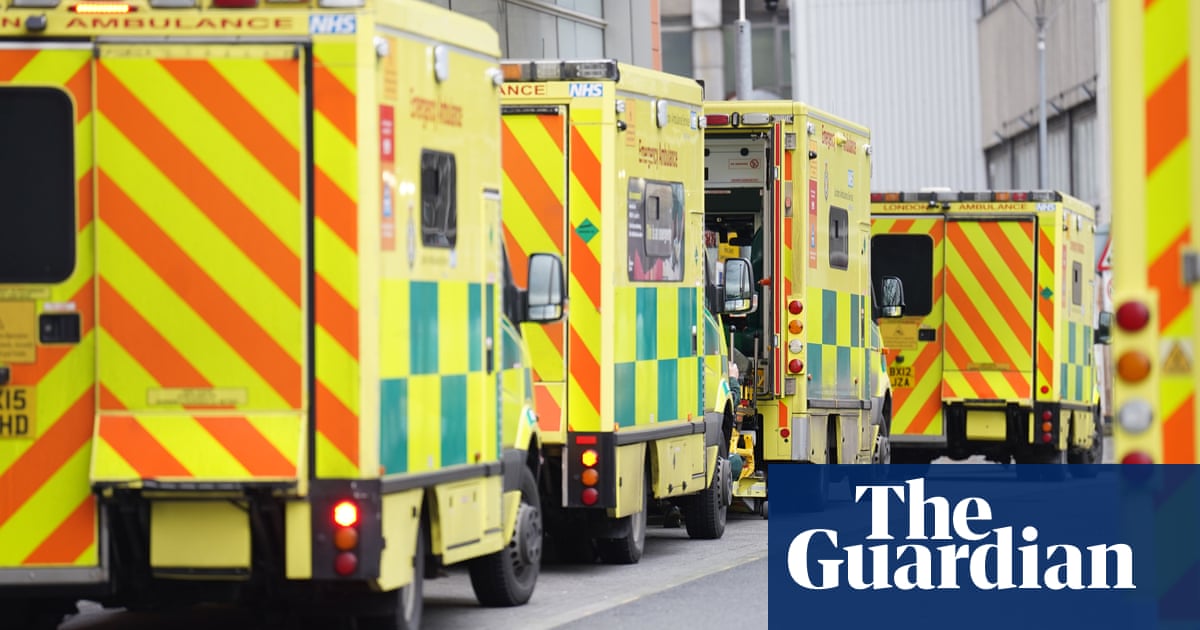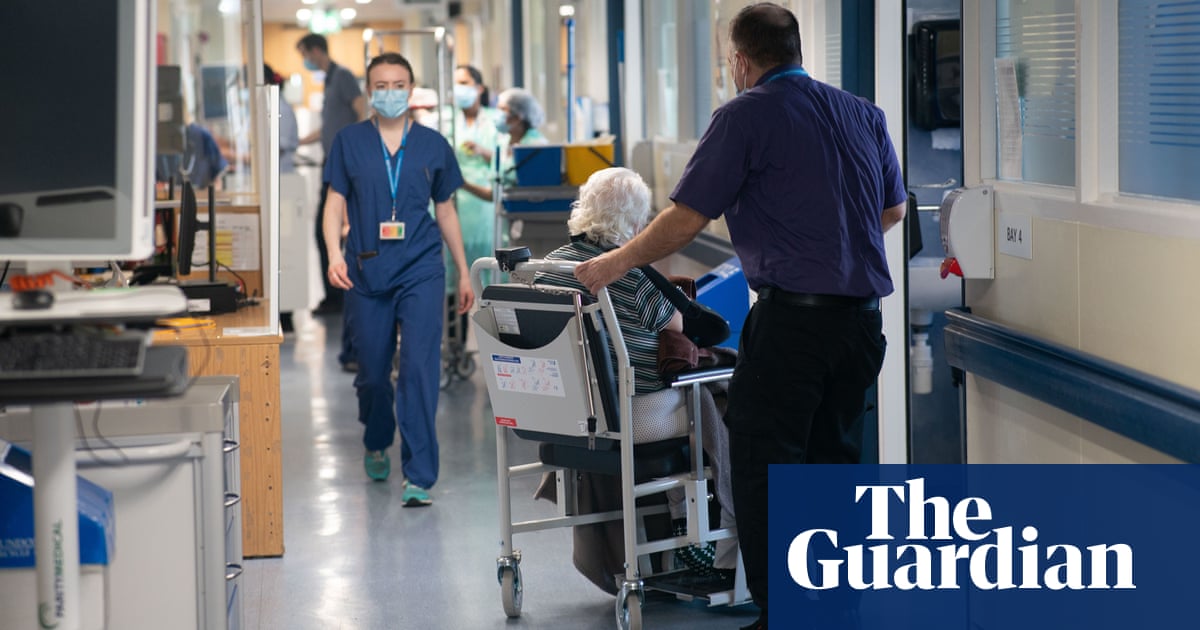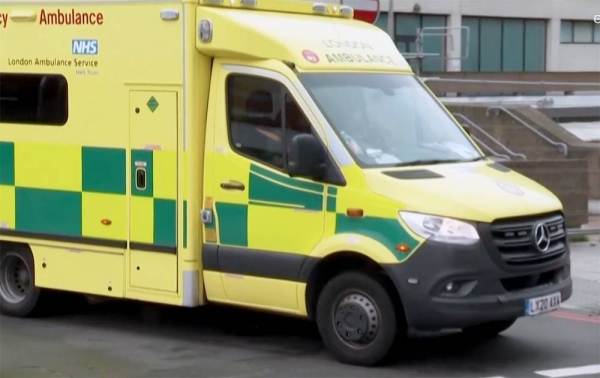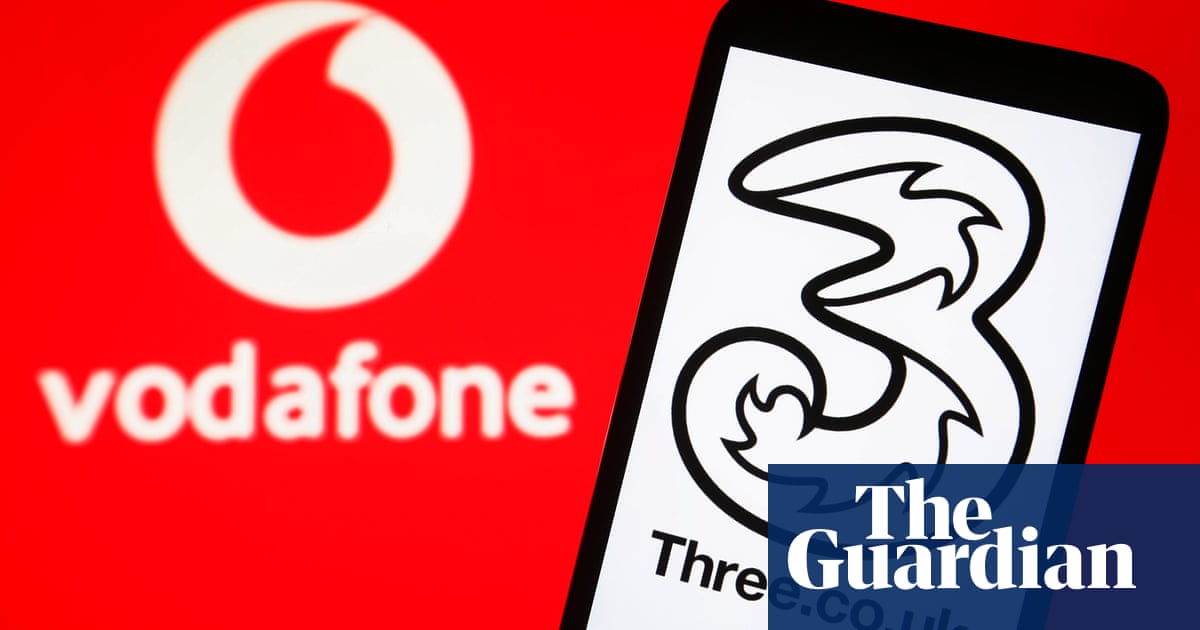
As many as 500 people could be dying each week because of delays to emergency care, a senior healthcare official has said.
The president of the Royal College of Emergency Medicine, Dr Adrian Boyle, believes waiting times for December will be the worst he has ever seen, with more than a dozen NHS trusts and ambulance services declaring critical incidents over the festive period.
A severe flu outbreak and rising Covid cases are said to be adding pressure to the system and overwhelming hospitals with patients.
Speaking to Times Radio, Boyle said: “We went into this December with the worst-ever performance against our target and the highest-ever occupancy levels in hospital.
“We don’t know about the waiting-time figures because they don’t come out for a couple of weeks; I’d be amazed if they’re not the worst ever that we’ve seen over this December.
“What we’re seeing now in terms of these long waits is being associated with increased mortality, and we think somewhere between 300 and 500 people are dying as a consequence of delays and problems with urgent and emergency care each week. We need to actually get a grip of this.”
In November, 37,837 patients waited more than 12 hours in A&E for a decision to be admitted to a hospital department, according to figures from NHS England.
This is an increase of almost 355% compared with the previous November, when an estimated 10,646 patients waited longer than 12 hours.
Boyle said: “If you look at the graphs, they all are going the wrong way, and I think there needs to be a real reset. We need to be in a situation where we cannot just shrug our shoulders and say ‘This winter was terrible, let’s do nothing until next winter’.
“We need to increase our capacity within our hospitals, we need to make sure that there are alternative ways so that people aren’t all just funnelled into the ambulance service and emergency department.
“We cannot continue like this – it is unsafe and it is undignified.”
Some critically-ill patients have reportedly waited hours for a bed, and ambulances have been unable to pick up those in need because they have been stuck waiting to hand over patients to hospital.
Last week, one in five ambulance patients in England waited more than an hour to be handed over to A&E teams.
In Swindon, a patient was forced to wait on a trolley in A&E for 99 hours after arriving by ambulance at Great Western hospital while staff tried to source a bed.
One clinician there told the Sunday Times: “We’re broken and nobody is listening.” Jon Westbrook, Great Western’s chief medical officer, told staff in a leaked message: “We are seeing case numbers and [sickness] that we have not seen previously in our clinical careers.”
NHS trusts have a target of 95% of all ambulance handovers to be completed within 30 minutes, and 100% within 60 minutes.
Boyle said it is “absolutely never too late” to get a flu vaccination and encouraged those who are eligible to get one in order to reduce pressure on hospitals.
He said there is likely to be a larger outbreak this year because immunity has dropped after isolation measures introduced to fight the Covid pandemic.
He added: “Flu and Covid cause a number of problems. First of all you have patients who need to be admitted to hospital, but you also get staff getting sick, and that creates a workforce problem.
“And it’s also incredibly disruptive for the hospital because you have to put them into separate areas and separate wards. We can’t look after people in hospital where people without flu are next to people with flu, because we don’t want to give people who get admitted into hospital the flu.
“So the whole thing of infectious disease outbreak is extremely disruptive. We haven’t had an outbreak for the last two years because of all the things we have done around Covid and this year is shaping up to be a pretty awful flu season.”












